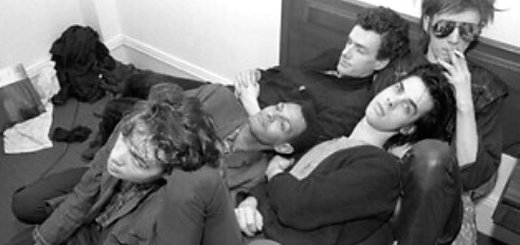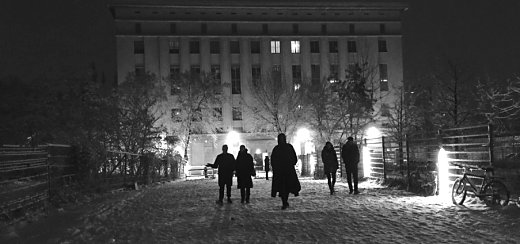Podcast: Unique social and cultural circumstances that led Berlin to become the capital of techno

"Today, Berlin is one of the premier destinations for techno music fans. People come from all over the world to party all night to the rhythmic beat of Berlin’s club scene. And this music that the city is most famous for developed in large part because of the thing the city is most infamous for: the Berlin wall, which divided the city into east and west for almost thirty years" - 99% Invisible podcast introduces its new episode about the unusual destiny of the dance capital.


